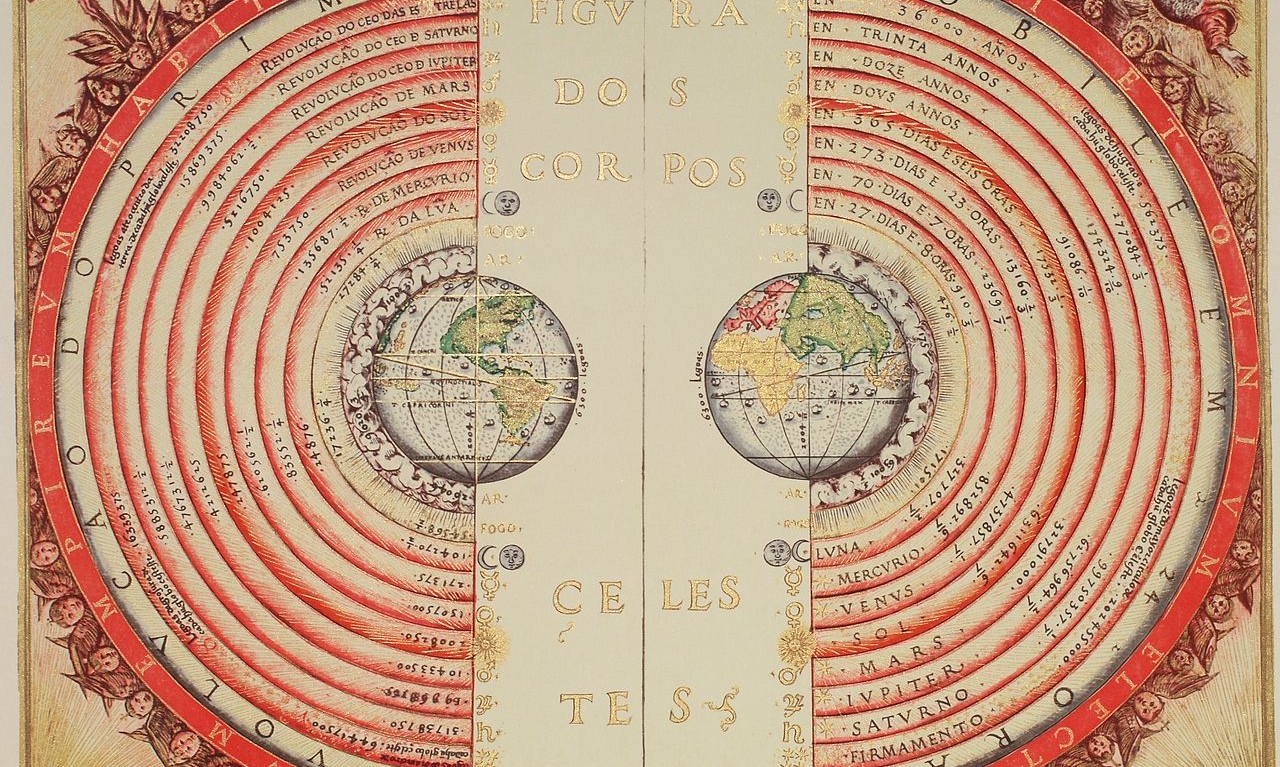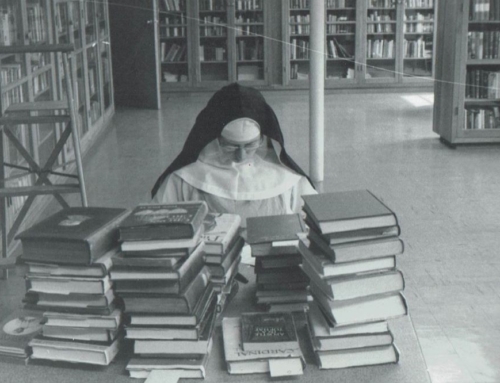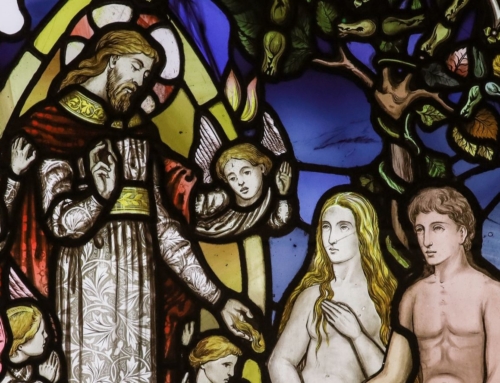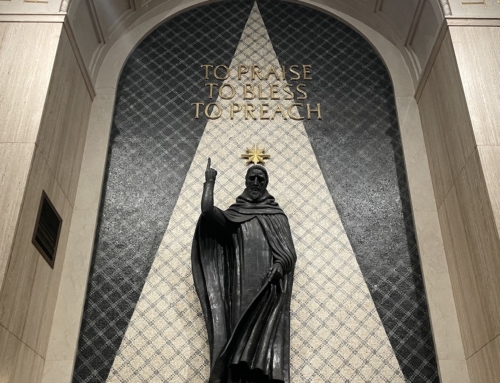Galileo’s famous encounter with the Inquisition seems, despite the best efforts of his judges, to have completely demolished the reign of geocentrism. As is well known, the Copernican theory promoted by Galileo came under suspicion due to a supposed contradiction with Scriptural texts that describe the Sun’s motion around the Earth. For the human authors of these sacred texts, such language likely simply reflects their astronomical knowledge. For the firmly post-Galilean Christian, however, these texts can read uncomfortably.
One way out of this conundrum is simply to ignore the parts of Scripture that seem to contradict the conclusions of science. As Galileo put it, Scripture explains how to go to heaven, not how heaven goes. Within its limits, this is certainly a fair approach: Scripture is not a science textbook. However, this method does not actually interpret the text of Scripture; rather, it ignores it, which seems inconsistent with the injunction of 2 Timothy 3:16: “All scripture is inspired by God and is useful for teaching, for refutation, for correction, and for training in righteousness.”
A more radical route might take inspiration from the principle of relativity. If one point of reference is as valid as another, who’s to say the Sun doesn’t go around the Earth? Scripture was right all along—the Holy Spirit simply predicted Einstein! This reading, however, fails to give due respect to the human authors of the text (see Dei Verbum 12). While Scripture is certainly inspired by the Holy Spirit, it was not dictated by Him—even assuming that relativity really does give a “God’s eye view” on the world. Besides, as with any invocation of relativism, this solution is kind of boring.
The great British author J. R. R. Tolkien suggests an alternative explanation of Scripture’s geocentric texts. Tolkien set the fictional world of his primary works, such as The Lord of the Rings, in a prehistory of our own world, and he used a geocentric cosmology within his stories to enhance their air of antiquity. However, later in life he began to question this discrepancy. In his stories, cosmological knowledge comes primarily from the supernatural beings who created the entire universe and so know how the solar system is truly arranged; their geocentric cosmological accounts then seem to be blatant lies. Among the less interesting solutions Tolkien developed are his sketched rewrites of the most egregiously unscientific stories and his speculations about a meta-narrative in which the stories were simply misunderstood by the Earth-bound scribes.
His most interesting solution, however, wholeheartedly embraces the contradiction. He argues that for his heavenly beings, “[p]laces or worlds were interesting or important because of what happened in them,” not because of their position relative to other heavenly bodies (Morgoth’s Ring, “Athrabeth Finrod ah Andreth”). Thus, “the Kingdom of Arda [Earth] is of central importance, selected amid all the immeasurable vast of Eä [the cosmos] as the scene for the main drama of […] the Children of Eru [God]” (Morgoth’s Ring, “Myths Transformed”; emphasis in original). Tolkien even suggests that “the function of the Solar System was to make possible the existence of [the Earth]” (Morgoth’s Ring, “Athrabeth Finrod ah Andreth”). Tolkien thus proposes that geocentrism can serve a narrative rather than an astronomical role. Love for God allows storytellers to see that the entire cosmos is oriented toward His children, so they can describe a geocentric cosmos without duplicity.
The Scriptures take up this theme as well. Of course, geocentrism appears to be an observational reality—even today the sun “rises” and “sets”—and this influences how the human authors of Scripture describe the world. Nonetheless, the cosmology of Scripture encompasses far more than amateur astronomy. For the Scriptural perspective knows that the world has a Creator, and it thus can illustrate that the “heavens declare the glory of God” by joyfully proclaiming that the Lord “has placed a tent” for his servant the sun at “the utmost bounds of the world,” from which “it comes forth like a bridegroom coming from his tent, rejoices like a champion to run his course” (Ps 19).
And it is this far broader perspective that saves geocentrism from anthropocentric narcissism. For it is not ultimately we who impose geocentrism on the universe. Rather, God Himself has laid down our tiny home in the very center of His “immeasurable vast.” Man lies at the center of creation not by his own power but only by the great love of the Creator. And, lest we have room for doubt, He Himself took on man’s flesh and truly became the dramatic center of the great story that is His cosmos.
✠
Image: Bartolomeu Velho, Figure of the heavenly bodies







